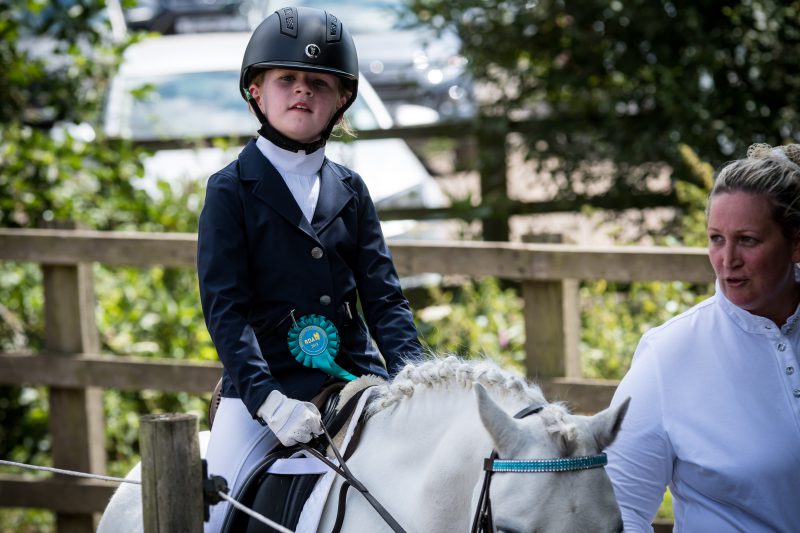
Elan’s Story – Living her dream
What happened? Elan’s mother had a normal pregnancy but problems developed in labour. There was a failure by the medical staff looking after Elan’s mother
Birth Injury
Hypoxic-Ischaemic Encephalopathy (HIE) is a condition affecting a baby’s brain after being deprived of oxygen. HIE is often one of the first signs that a baby has suffered a brain injury at birth, with symptoms appearing within the first few days of life.
The arrival of a baby is a special time in any family but sometimes not everything goes to plan. Complications in pregnancy, during labour, or around the time of delivery can lead to a baby requiring intensive neonatal support.
When babies have been born following a period of hypoxia, they are often in poor condition. Sometimes they are described as “floppy” or “grey/blue”, and often require resuscitation. Signs of Hypoxic-Ischaemic Encephalopathy (HIE) may then develop in the first day or two or life.
A baby diagnosed with HIE will often have breathing and feeding difficulties, low muscle tone and may suffer from seizures. A brain scan, usually an MRI, will confirm if any brain damage has occurred. If it has, long term neurological impairments and disabilities may result, including cerebral palsy.
HIE and the associated brain damage is often avoidable with the right care and treatment during pregnancy, labour and birth, and in the early neonatal days. If there are signs that a baby is suffering with a lack of oxygen during pregnancy or labour, such as an abnormal heart rate, the midwife or doctor should spot this and take action to remedy it and deliver the baby before brain damage occurs. If this doesn’t happen, there may be a claim for clinical negligence.
There are many reasons parents might want to investigate what has gone wrong during pregnancy or delivery and often families tell us how important it is to them to ensure different procedures are put in place so that other families don’t go through the same.
Often where a child has suffered HIE during the delivery process they may later be diagnosed with cerebral palsy or developmental delay as a result of the brain damage sustained. This may not become apparent until your child doesn’t reach their milestones when you anticipate. The damage that has been sustained during the pregnancy and birth can lead to a number of challenges for your child in the future including motor and cognitive disorders. The extent of this damage and the impact this may have can vary. We are strong advocates for early intervention to support neuroplasticity in children who have sustained this form of brain damage and we work closely with charities, educators and therapists that support this approach. Sometimes families contact us much later especially where they have pursued a claim previously without success.
Bringing a successful claim for compensation will be life changing for your child as well as your family who want to provide the best support possible. This includes parents simply having the time to be “mum” or “dad” rather than carers. Compensation enables your child to have access to support through therapy, care, suitable accommodation, equipment and treatment, ensuring they have the best opportunities to reach their full potential and enjoy as much independence as possible.
We are specialists in birth injury and Hypoxic-Ischaemic Encephalopathy claims, having obtained large amounts of compensation for many children who have suffered a brain injury at birth. We push the boundaries to ensure that all avenues are explored and that even the most difficult of claim has the best chance of succeeding. At all times we put our clients first, asking the questions they want answered and ensuring they obtain the compensation they need to make life better.
We know that bringing a claim against the NHS seems daunting. We can apply for legal aid on your behalf but where this is not available or not appropriate, we offer the option of no win no fee which enables you to investigate a claim without the worry of legal fees. A member of our team will be happy to provide you with our guide to no win no fee claims or discuss this with you further. Throughout the process we are on hand to provide you with all of the help and support that you need.
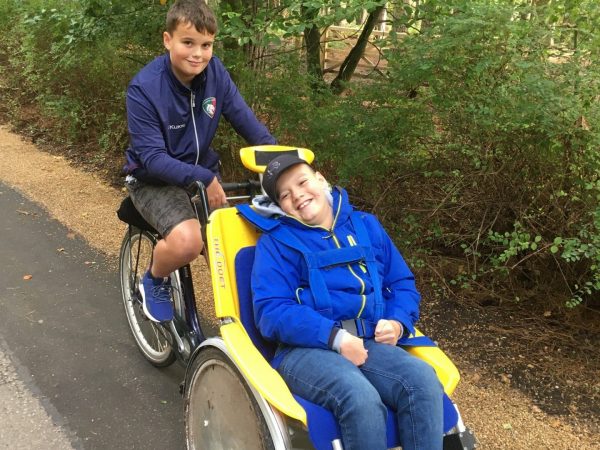
Hypoxic Ischaemic Encephalopathy, otherwise known as “HIE”, is a technical term describing brain damage caused by a lack of oxygen (hypoxia) and/or restriction of blood flow (ischaemia) to a baby which can result in neurological and developmental disorders. It is often associated with full term babies but can occur in premature babies too.
There are 3 categories of HIE: mild, moderate and severe and the grade will determine the type of treatment required and the likely long-term outcome for the child.
All HIE claims are different and this depends upon when a final prognosis is known and a claim can be valued.
Once we obtain an admission of liability in your case we can request an immediate payment to help with your needs and put support in place.
You have to start your claim within 3-years (limitation period) from when the injury occurred or when you first became aware of any potential negligence or injury as a result. However, the time limit only begins when a child reaches 18 years of age.
For someone who lacks capacity to pursue any litigation, the 3-year time period may never start to run although capacity can return or be intermittent.
You should always seek legal advice upon the relevant limitation period in your circumstances.
HIE claims rarely go to court, with only a small percentage of the more complex cases ending up there. However, in the unlikely event that your case reaches court, we will be by your side throughout the process.
There may be several options open to you to include legal aid, No Win No Fee and legal expense insurance. We can advise you on the correct funding method for you. We have designed a No Win No Fee package to protect you from paying any costs should your claim not be successful.

What happened? Elan’s mother had a normal pregnancy but problems developed in labour. There was a failure by the medical staff looking after Elan’s mother
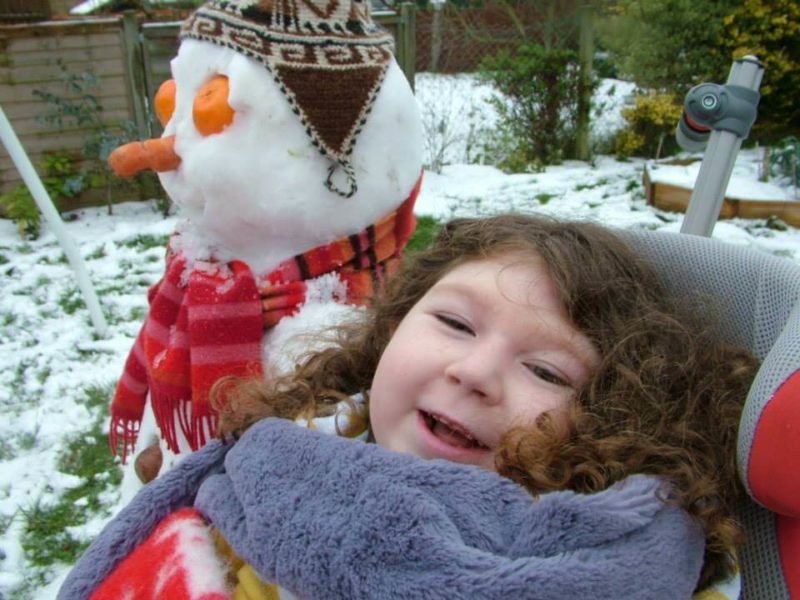
Facts Clementine was her parents first child. Clementine’s mother was admitted for induction of labour after term. Labour appeared to progress initially before it stalled.
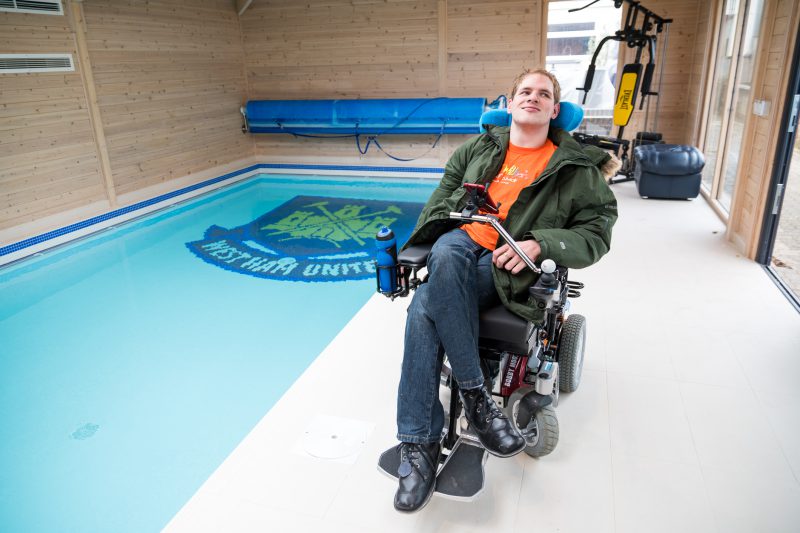
Cerebral palsy after Syntocinon induction Ryan’s case was closed by solicitors and experts who said it wouldn’t win. We turned that around and won for
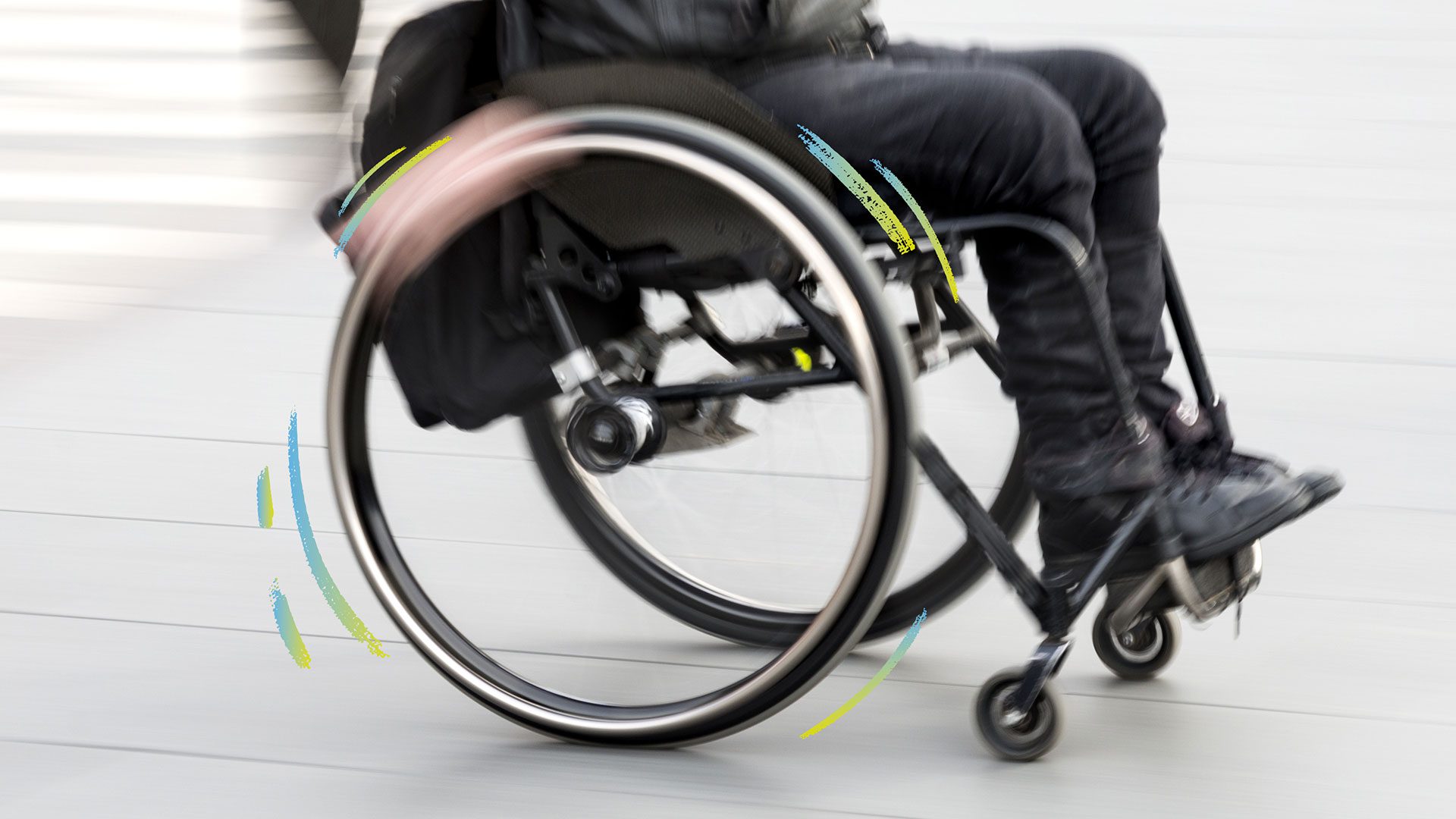



Our experienced partners will be on hand to support you throughout the process

Partner

Partner

Partner
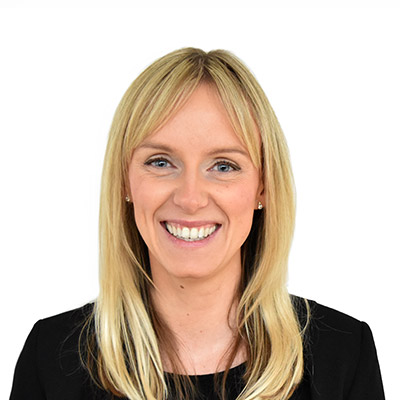
Partner

Partner

Partner

Partner
CL Medilaw © 2024